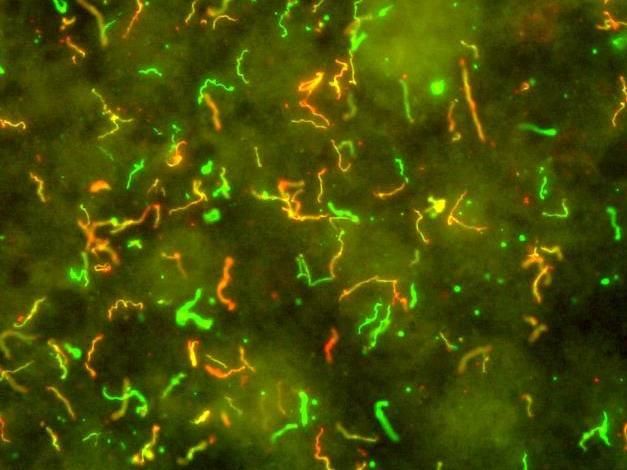Generex Biotechnology proposes collaborations in China for the co-development of a novel vaccine for pandemic avian influenza
Peptide-based vaccine offers easy scale-up and flexibility in preparing for possible pandemic bird flu threat
Generex Biotechnology Corporation announced that Antigen Express, Inc., its wholly-owned immunotherapeutics subsidiary, has made proposals for co-development of the Antigen Express novel H5N1 avian influenza vaccine in China following a trip to Beijing by Dr. Minzhen Xu, the Antigen Express Vice-President of Biology.
Proposals were made to: Professor Hualan Chen of the Harbin Veterinary Research Institute; Ms. Nan Wang, Vice General Manager of Sinovac Biotech Co., Ltd.; and Professor Bing Sun of the Institute of Biochemistry and Cell Biology, Shanghai Institutes for Biological Sciences, Chinese Academy of Sciences. All have an interest in vaccine development for the H5N1 avian influenza in China.
The vaccine technology being employed at Antigen Express for the potentially pandemic avian influenza is the same as that for its novel immunotherapeutic cancer vaccine currently in clinical trials. Scientists at Antigen Express are developing a vaccine for the potentially pandemic Asian bird flu utilizing highly conserved fragments of the H5 protein to stimulate potent T-helper cell activity. The H5 fragments are modified using a portion of an immunoregulatory protein (termed Ii-Key) that greatly facilitates their ability to stimulate T-helper cell responses specific to the H5N1 strain. The vaccine peptides have been selected for their likelihood of being both potent and active in more than 90% of the population. This technology has the advantage of being applicable to any novel agent or protein once one has sequence information. As vaccine peptides are manufactured by entirely synthetic means they can be produced rapidly, relatively inexpensively, and in large quantities (hundreds of millions of doses).
Other news from the department business & finance

Get the life science industry in your inbox
By submitting this form you agree that LUMITOS AG will send you the newsletter(s) selected above by email. Your data will not be passed on to third parties. Your data will be stored and processed in accordance with our data protection regulations. LUMITOS may contact you by email for the purpose of advertising or market and opinion surveys. You can revoke your consent at any time without giving reasons to LUMITOS AG, Ernst-Augustin-Str. 2, 12489 Berlin, Germany or by e-mail at revoke@lumitos.com with effect for the future. In addition, each email contains a link to unsubscribe from the corresponding newsletter.
More news from our other portals
Last viewed contents
Start of Phase IIa study in acute lung injury patients marks development milestone for Apeiron's rhACE2
Biocitech announces the arrival of BioBank for Life as new resident
PAION AG: Court sanctions Scheme of Arrangement for acquisition of CeNeS

DYNA Instruments GmbH - Hamburg, Germany
Cerebrovascular_disease
Intercell obtains results from its first Phase I investigational vaccine study for Streptococcus pneumoniae
List_of_prehistoric_cartilaginous_fish






















































